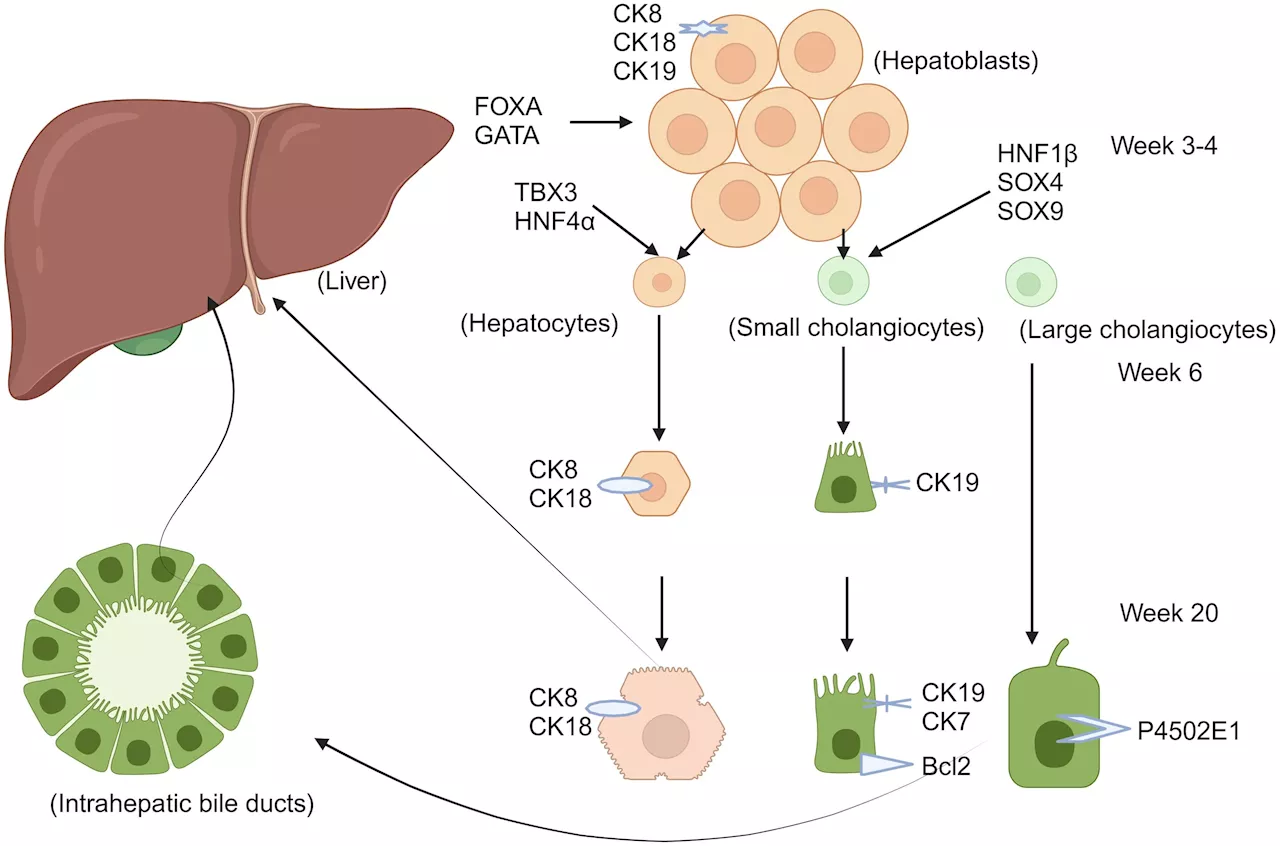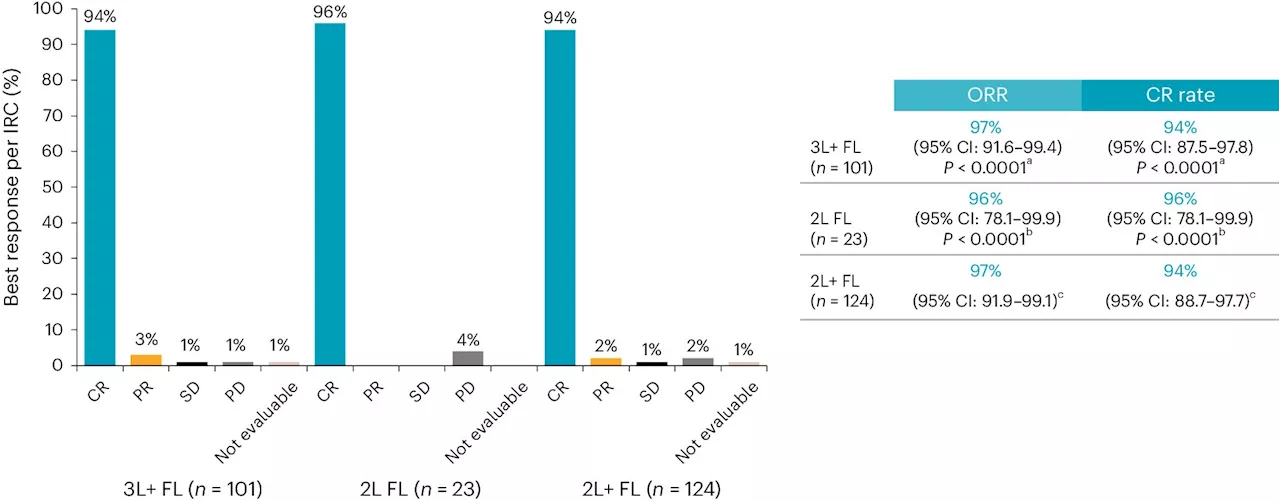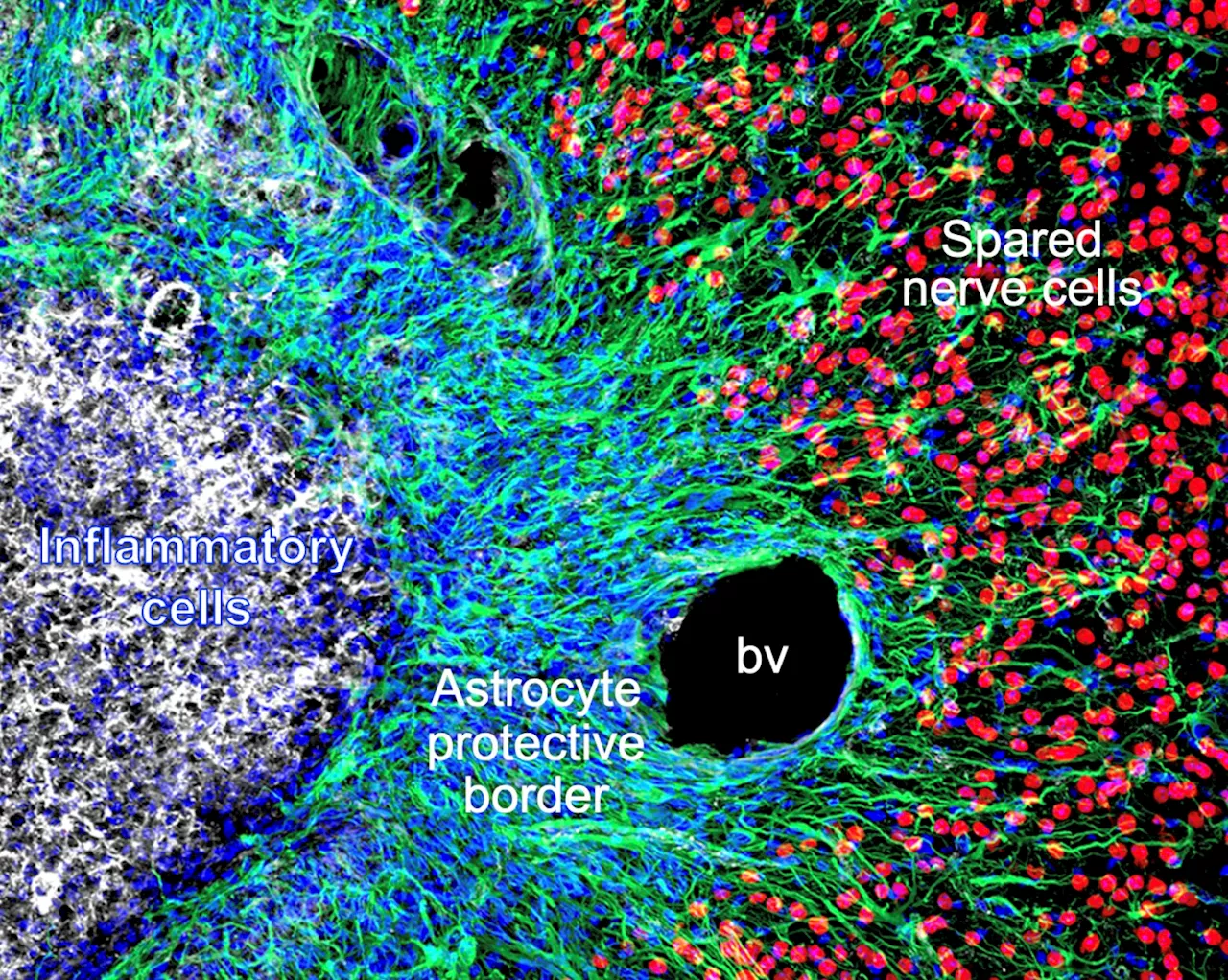A novel measure, affective sensitivity to air pollution (ASAP), to assess psychological vulnerability to climate change.
By Pooja Toshniwal PahariaReviewed by Lily Ramsey, LLMAug 12 2024 In a recent study published in PLoS ONE, researchers developed a novel measure, affective sensitivity to air pollution , to assess psychological vulnerability to climate change . They focused on fluctuations in individuals' emotions caused by their daily exposure to air pollution .
Examining fluctuations in individual emotions in response to variations in air pollution can give fresh insight into the short-term consequences of air pollution on well-being. Every day, participants reported the strength of feeling 20 emotions to determine their daily affective states, which included arousal and valence. Arousal refers to the physiological activity involved in an affective state, whereas daily affect valence indicates whether an affective state is positive or negative.
Between May 2010 and July 2011, participants completed telephonic and online surveys on their lifestyles across three three-week intervals spaced 4.5 months apart. Higher levels of AQI are associated with lower levels of arousal. The archetypal individual's affect arousal was lower on days with increasing air pollution. For example, each unit increase in air pollution decreased the archetypal individual’s arousal levels by 0.01.
Anxiety Climate Change Depression Mental Health Pollution Research
Singapore Latest News, Singapore Headlines
Similar News:You can also read news stories similar to this one that we have collected from other news sources.
 Exploring the role of ordinary Scots during the Cold WarA new exhibition explores how Scotland was put on the frontline of a stand-off between the world's great superpowers.
Exploring the role of ordinary Scots during the Cold WarA new exhibition explores how Scotland was put on the frontline of a stand-off between the world's great superpowers.
Read more »
 Anonymous collective launches free zine exploring the good and the bad of PrestonThe first edition of Pressed Town Zine went out in spring An anonymous collective has launched a new free zine about Preston. The group of volunteers, w
Anonymous collective launches free zine exploring the good and the bad of PrestonThe first edition of Pressed Town Zine went out in spring An anonymous collective has launched a new free zine about Preston. The group of volunteers, w
Read more »
 Exploring the pathogenesis of autoimmune liver diseases from the heterogeneity of target cellsAutoimmune liver diseases (ALDs), including autoimmune hepatitis (AIH), primary biliary cholangitis (PBC), and primary sclerosing cholangitis (PSC), are complex conditions involving the liver's immune-mediated damage. These diseases are increasingly prevalent, but their pathogenesis remains largely unclear.
Exploring the pathogenesis of autoimmune liver diseases from the heterogeneity of target cellsAutoimmune liver diseases (ALDs), including autoimmune hepatitis (AIH), primary biliary cholangitis (PBC), and primary sclerosing cholangitis (PSC), are complex conditions involving the liver's immune-mediated damage. These diseases are increasingly prevalent, but their pathogenesis remains largely unclear.
Read more »
 Exploring CAR T-cell therapy for aggressive follicular lymphomaCAR T-cell therapy is an effective treatment for aggressive subtypes of follicular lymphoma, according to a clinical trial published in Nature Medicine.
Exploring CAR T-cell therapy for aggressive follicular lymphomaCAR T-cell therapy is an effective treatment for aggressive subtypes of follicular lymphoma, according to a clinical trial published in Nature Medicine.
Read more »
 Exploring how astrocytes respond to spinal cord injury or stroke-induced tissue damagePast neuroscience studies found that when the central nervous system (CNS) is damaged, for instance following a stroke or spinal cord injuries, the lesions become surrounded by borders of newly proliferated astrocytes.
Exploring how astrocytes respond to spinal cord injury or stroke-induced tissue damagePast neuroscience studies found that when the central nervous system (CNS) is damaged, for instance following a stroke or spinal cord injuries, the lesions become surrounded by borders of newly proliferated astrocytes.
Read more »
 Kevin Magnussen informed of Haas F1 axing over the phone | "Exploring" other optionsKevin Magnussen addresses his axing from Haas ahead of the Hungarian Grand Prix.
Kevin Magnussen informed of Haas F1 axing over the phone | "Exploring" other optionsKevin Magnussen addresses his axing from Haas ahead of the Hungarian Grand Prix.
Read more »
